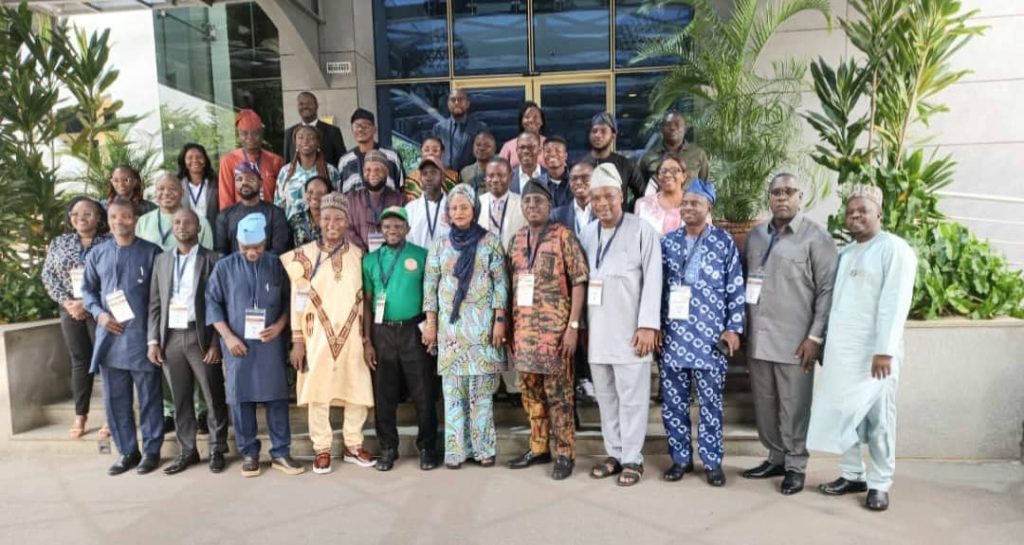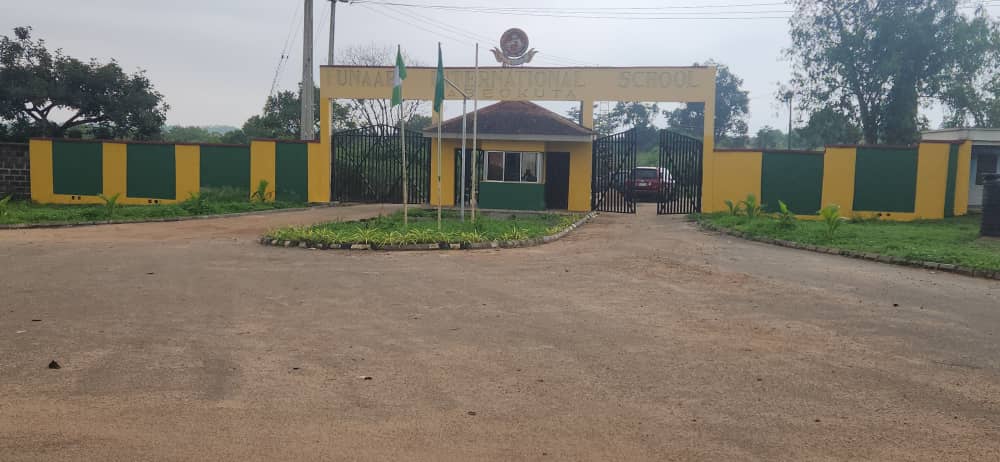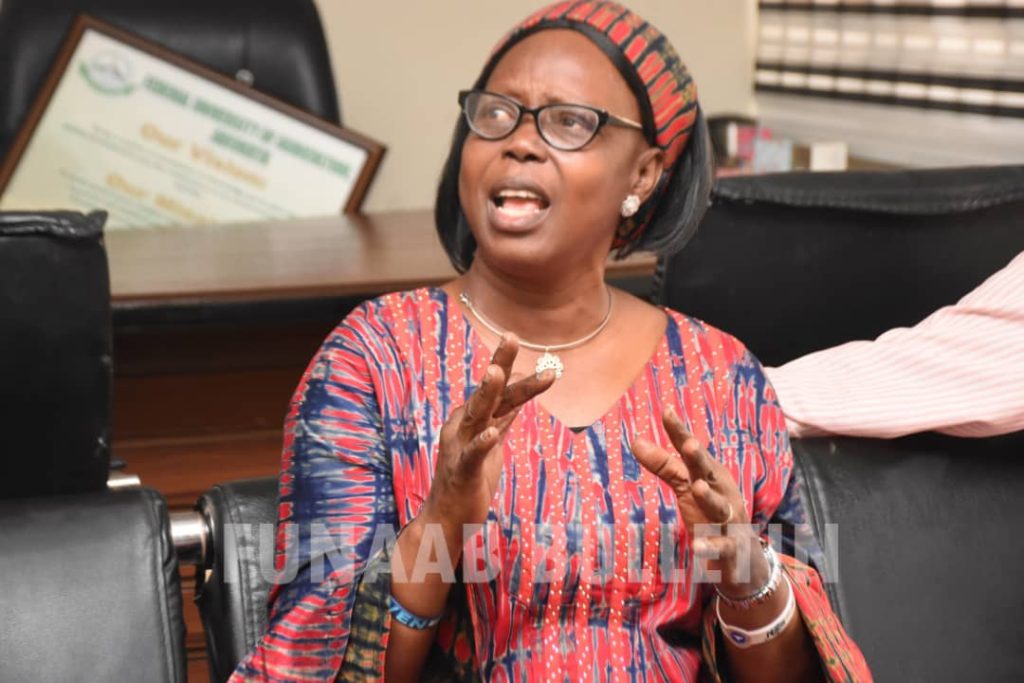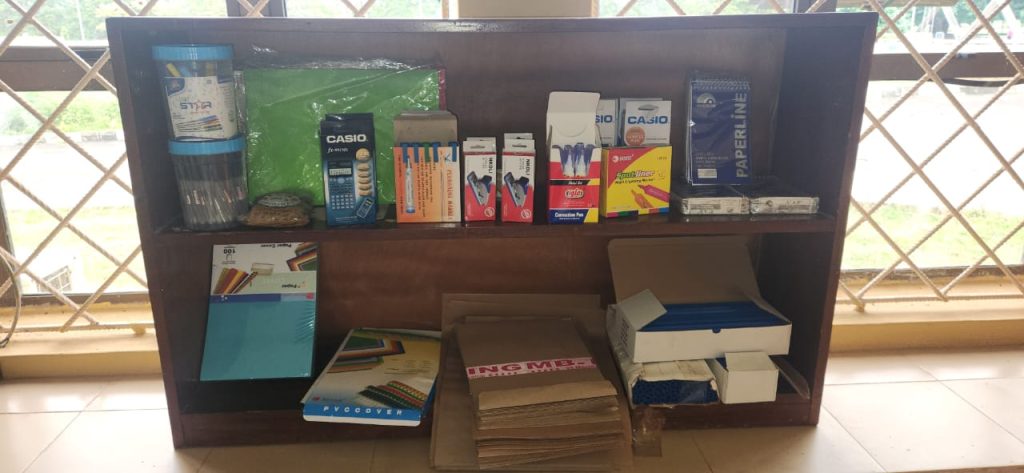Last Updated on July 28, 2020 by FUNAAB
Recent increases in rape cases have stirred up discussions in Nigeria and the world at large. With the rising rape cases across the country, the social space has also been awash with conversations revolving around this national problem called rape with the call on the government to mete out stiffer punishment to culprits. Over the years, no one has been able to explain or describe the rationale for rape but one thing is certain; the underlying motives of rapists are caused by various factors such as peer group influence, quest for power, sexual gratification, anger, rituals and cultism, among others. Rape, as a serious crime, has also been reported to be done deliberately or not deliberately to either punish, shame, subdue or control the victims, who do not conform to some ways of life.
Wikipedia defines rape as “A type of sexual assault usually involving sexual intercourse or other forms of sexual penetration carried out against a person without that person’s consent”. The act may be carried out by physical force, coercion, abuse of authority, or against a person, who is incapable of giving valid consent such as one who is unconscious, incapacitated, has an intellectual disability or is below the age of consent. Britannica.com disclosed that the legal definition of rape has changed substantially since the late 20th century. It added that the traditional definition was narrow with respect to both age and gender, stating that rape is an act of sexual intercourse by a man with a woman against her will. Even though rape can occur with same-sex, the most prevailing one and the trending is that committed by a male against a female. Despite the fact that various campaigns have been ongoing to condemn and to put an end to this indiscriminate act, it is sad that thousands of rape cases have continued to be reported on a daily basis, as hardly would a day go by without a news report on rape.
Before now, it was believed or assumed that indecent dressing by the female gender was a renowned cause of rape but today, the reverse is the case as we now have underage children and older citizens becoming victims of rape and sexual molestation. Despite the widespread outcry over the rising cases of rape in Nigeria, there seems to be no end in sight to ending the scourge. Hence, there is the need to consider the likely factors underlying this incessant act against humanity because it is now believed that rape is like a cancer with no respect for age, gender or status. The World Health Organisation (WHO) stated that the principal factors that lead to the perpetration of sexual violence against women, including rape are:
– beliefs in family honour and sexual purity
– attitudes of male sexual entitlement
– weak legal sanctions of sexual violence
Other likely causes of rape, according to www.legit.ng are:
– Lax rape laws in Nigeria
– Indecent dressing
– Culture of silence
– Alcohol and drugs
Pulse.ng also identified the following as reasons for the increase in rape culture in Nigeria:
– Dealing with rejection
– Feeling superior to women
– Expression of power
– Revenge
– Psychological problems
In recent times, rape has generated a lot of negative responses across the globe as it is not only limited to Nigeria. For example, during the celebration of the annual International Women’s Day this year, This Day newspapers reported that the United Nations reported a total of 7,000 rape cases against women and girls, between 2009 and 2017. Premium Times also revealed that the Inspector-General of Police, Mohammed Adamu said that the Nigeria Police Force recorded 717 rape cases between January and May 2020, stressing that 799 suspects had so far been arrested while 631 cases had been conclusively investigated and charged to court while 52 cases are still being investigated.
On the way forward, there is the need for various government institutions, family, and non-governmental organisations (NGOs) to put in more efforts at fighting rape and sexual violence as the impact on the victims are dangerous while leaving them with physical, psychological and emotional injuries. Majority of rape victims find it hard to recover fully from this unfortunate and traumatic experience. Judging from the various testimonies of rape victims, the healing process is always presumed to be very painful and could take a year or more or even a lifetime. Britannica.com further stated that the psychological reactions of victims of rape vary but usually include feelings of shame, humiliation, confusion, fear and rage. Victims often report the feeling of perpetual defilement, inability to feel clean, overwhelming sense of vulnerability, and paralysing feeling of lack of control over their lives.
Many psychologists have also regarded rape as a form of torture and permanent mutilation of an individual’s life. Most of the victims tend to struggle with long term disruption of sleep, eating patterns, inability to function effectively at work, violence or threats from the rapists, their family members, relatives or the society. Wikipedia has identified the following as some of the likely impacts of rape on victims:
– Physical effects: Common effects experienced include vaginal or anal bleeding or infection, hypoactive sexual desire disorder, vaginitis or vaginal inflammation, dyspareunia (painful sexual intercourse), vaginismus (a condition affecting a woman’s ability to engage in any form of vaginal penetration), chronic pelvic pain, urinary tract infections, pregnancy and HIV/AIDS, among others.
– Psychological impacts: Most rape survivors experience a stronger psychological impact in the initial period after their assault. However, many survivors may experience long-lasting psychological harm. Many of the rape victims are usually haunted by fear of the place in which the crime occurred, or of all sexual relationships. The immediate effects on the survivors of rape may often include anxiety and fear, post-traumatic stress disorder, depression, self-blame, feeling shame, guilt, distrust, recurrent dreams, nightmares, and suicide.
Rape survivors struggle with the inability to summon up the courage to come out and share their stories as a result of the fear of being stigmatised, police extortion and lack of trust in the judicial process. They often choose not to report their cases to relevant authorities to avoid derogatory comments and stigmatisation. Therefore, the government needs to enlighten the people more on the danger of stigmatisation to encourage victims to report rape cases, bringing those guilty to justice, and stopping culprits from walking freely in the society. Strict measures should be put in place to tackle the menace so that victims can be encouraged to report their experience without fear. Lawmakers have also called for stiffer penalties against persons found guilty of rape such as the castration of culprits and death sentence. Vanguard newspapers reported that the Senate had considered a critical bill seeking to protect victims of rape against any form of stigmatisation in the country.
The bill, which was reported to have scaled second reading on the floor during plenary, provides for the prosecution and punishment of any person or group of persons who stigmatise rape victims in a bid to uphold and protect their Fundamental Right to Dignity and Freedom of Association, as provided by the 1999 Nigerian Constitution (as amended). The piece of legislation titled “Rape and Insurgency Victims Stigmatisation (Prohibition) Bill 2019”, which was sponsored by Senator Mohammed Sani Musa (Niger East), if passed into law, would among other things, encourage victims of rape to testify in court. It is also important to note that the criminal code makes provision for the punishment of those found guilty of rape.
The Vice-Chancellor of FUNAAB, Prof. Kolawole Salako had, on various occasions, restated the University’s position on zero tolerance for any injustice committed against the womenfolk and called on all to be more security-conscious while encouraging parents to educate their male children on the dangers and penalty of social vices, stressing that it is ideal for the family to always counsel their wards on the need to be good citizens. The Vice-Chancellor had equally encouraged victims to expose culprits so as to be brought to book, stating that if they decide to keep quiet, more innocent citizens would continue to be violated. The Guidance and Counselling Unit of the University has been educating students on the dangers of social vices such as rape that has become a ticking time bomb.








